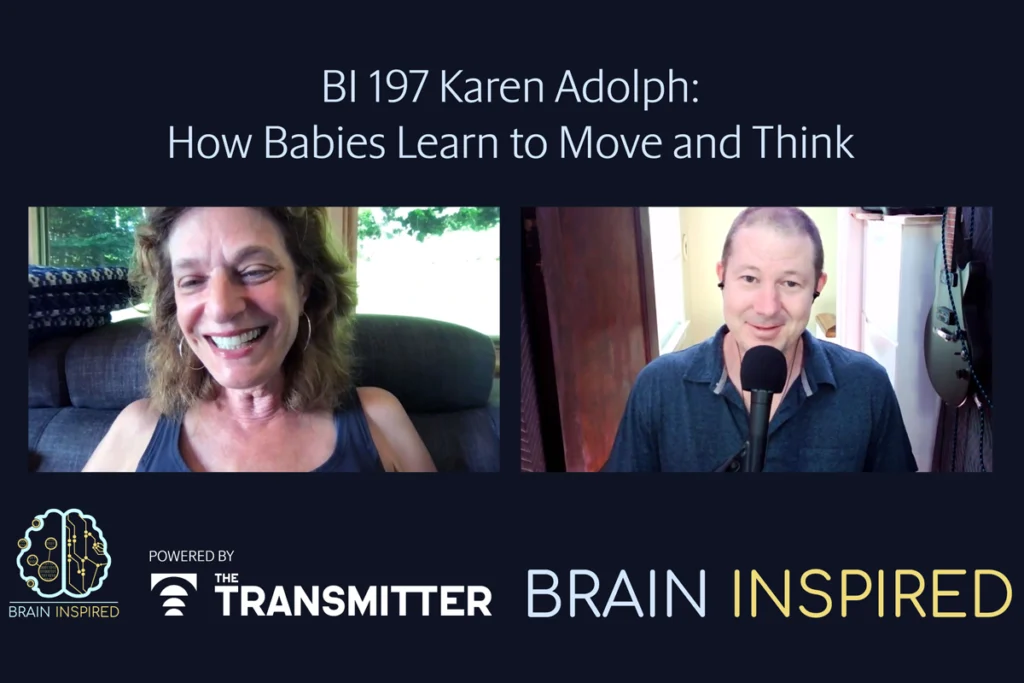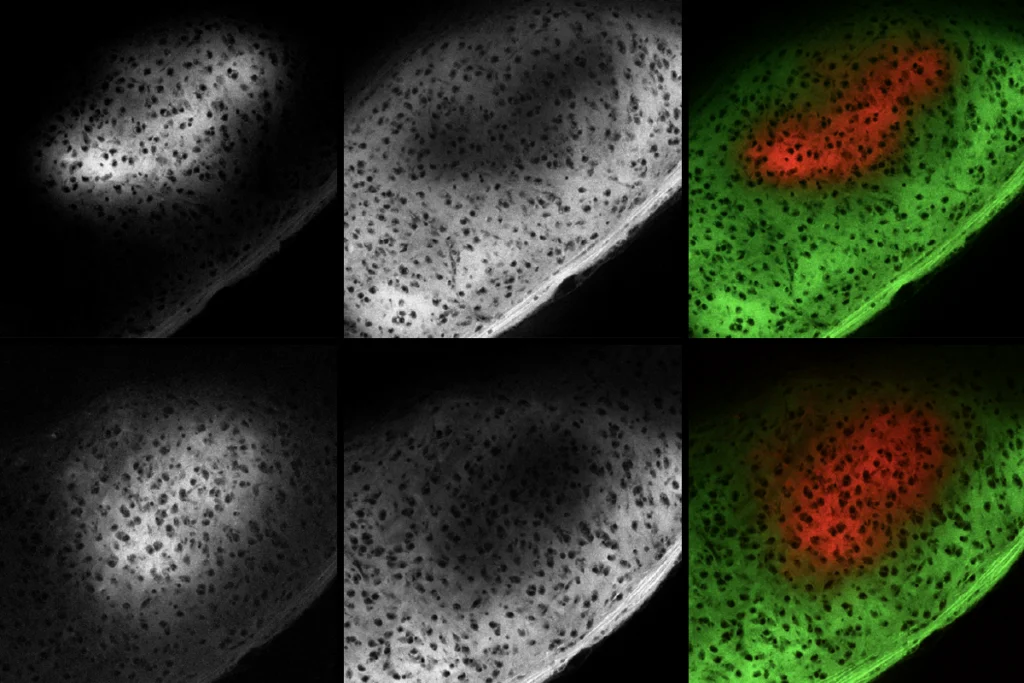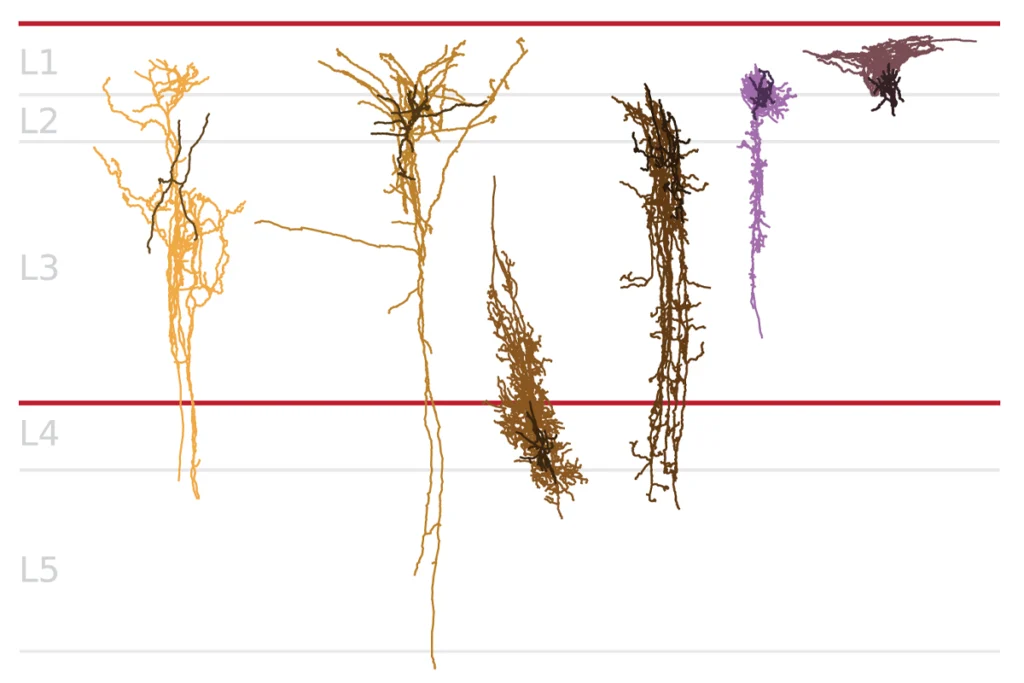Mark Wallace is dean of the graduate school at Vanderbilt University in Nashville, Tennessee.

Mark Wallace
Director of the Vanderbilt Brain Institute
From this contributor
We need precise measurements of sensory traits related to autism
Separating sensitivity to sensory stimuli from the response to the stimuli may help scientists understand the root cause of sensory traits in autistic people.

We need precise measurements of sensory traits related to autism
Timing is key to understanding sensory, social issues in autism
Individuals with autism have trouble reading social cues because their brains connect sights and sounds over unusually long periods of time.

Timing is key to understanding sensory, social issues in autism
Explore more from The Transmitter
Karen Adolph explains how we develop our ability to move through the world
How do babies' bodies and their environment teach them to move—and how can robots benefit from these insights?

Karen Adolph explains how we develop our ability to move through the world
How do babies' bodies and their environment teach them to move—and how can robots benefit from these insights?
Microglia’s pruning function called into question
Scientists are divided over the extent to which the cells sculpt circuits during development.

Microglia’s pruning function called into question
Scientists are divided over the extent to which the cells sculpt circuits during development.
Early trajectory of Alzheimer’s tracked in single-cell brain atlases
Inflammation in glia and the loss of certain inhibitory cells may kick off a disease cascade decades before diagnosis.

Early trajectory of Alzheimer’s tracked in single-cell brain atlases
Inflammation in glia and the loss of certain inhibitory cells may kick off a disease cascade decades before diagnosis.